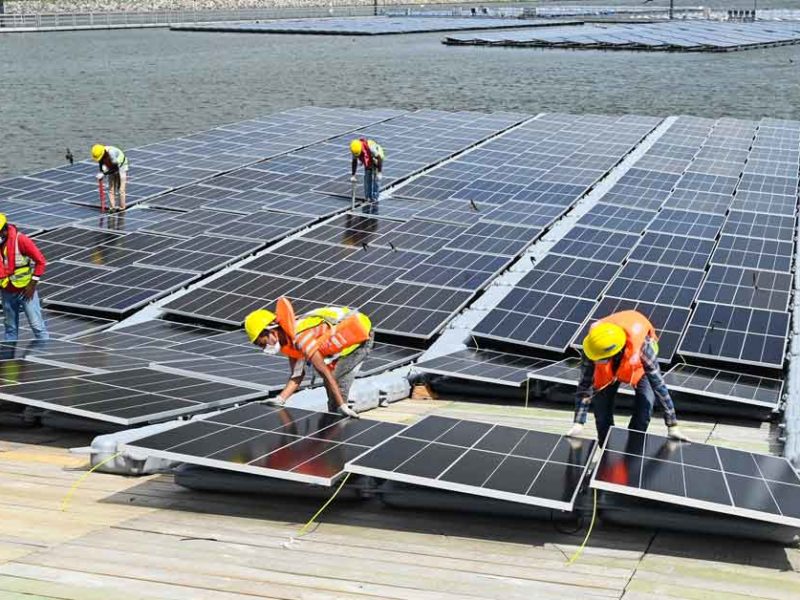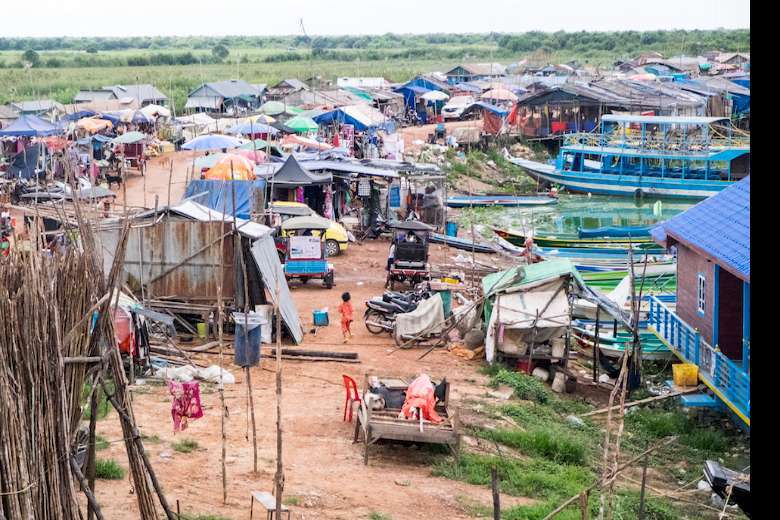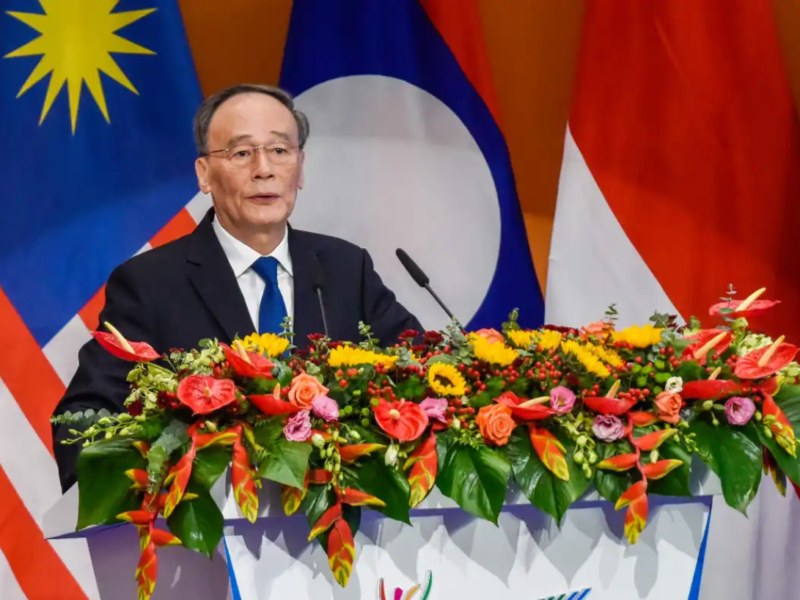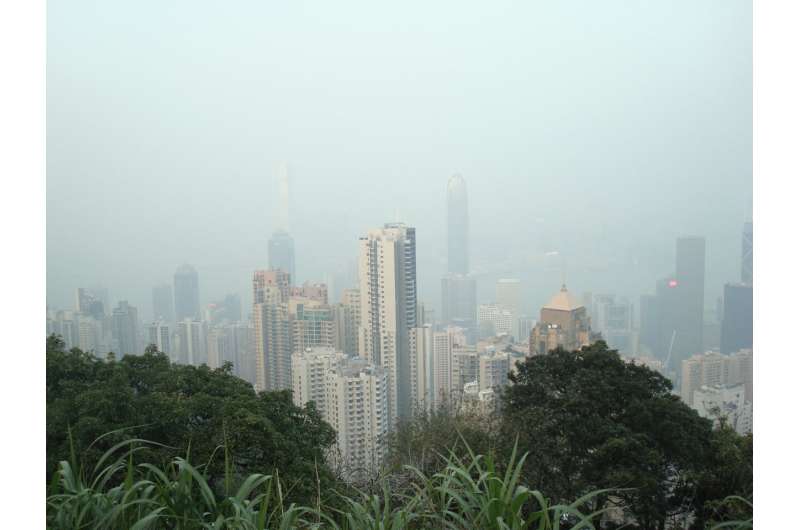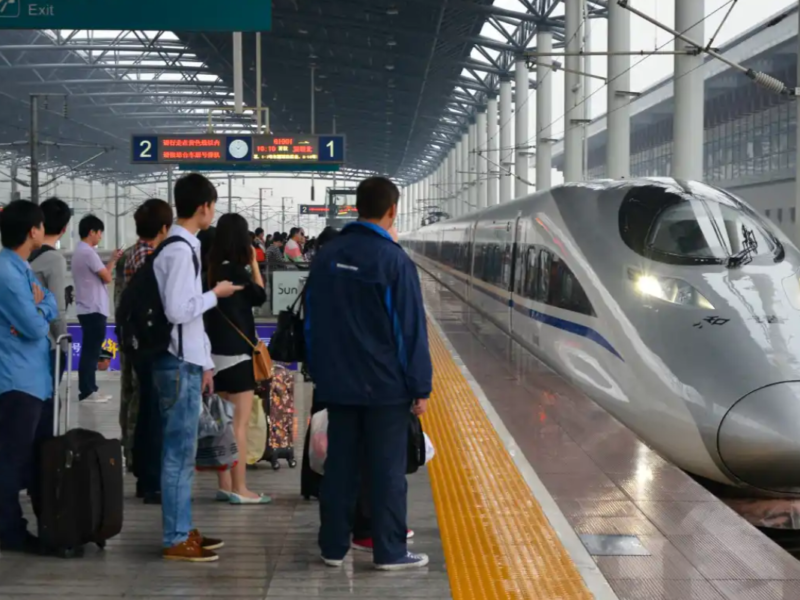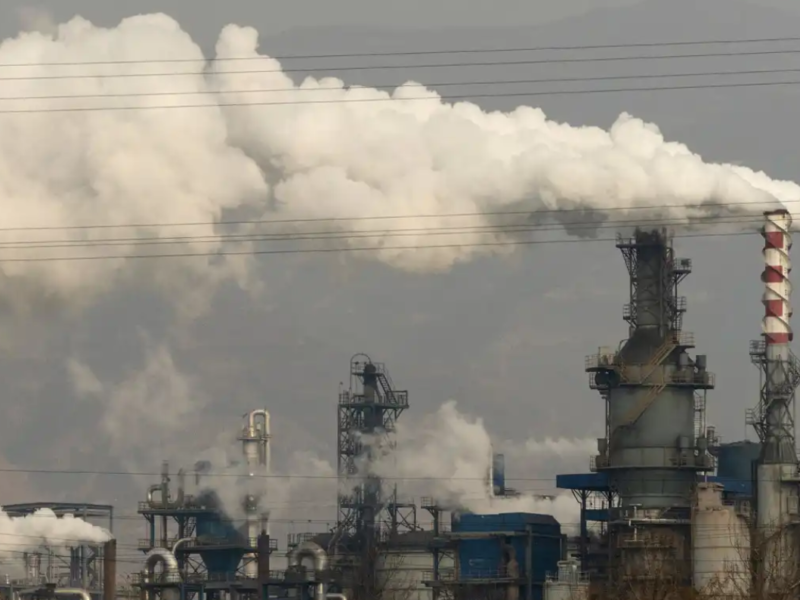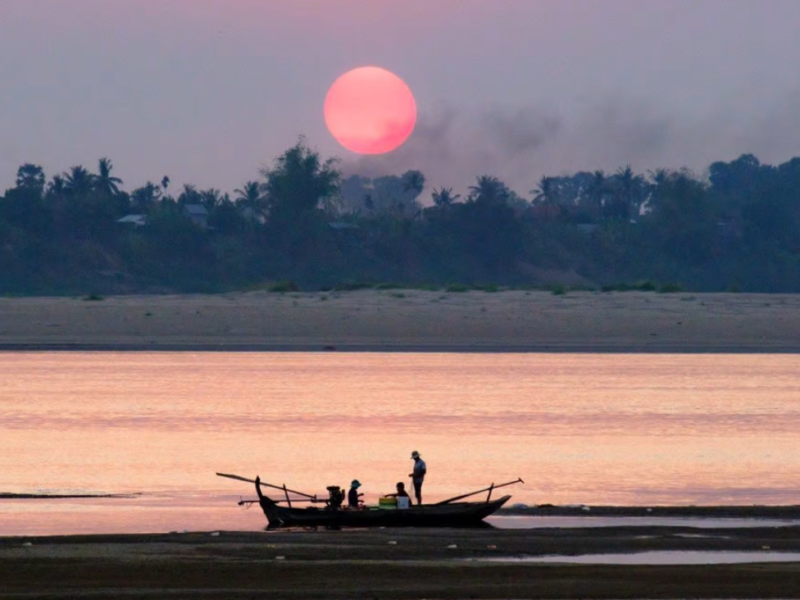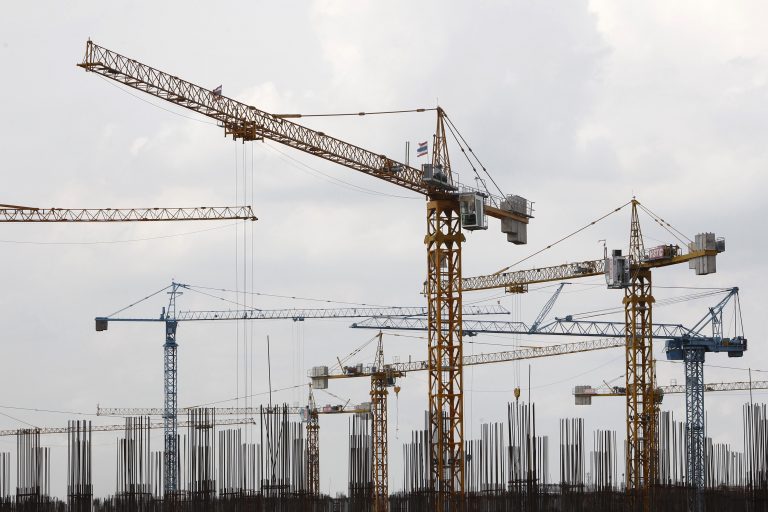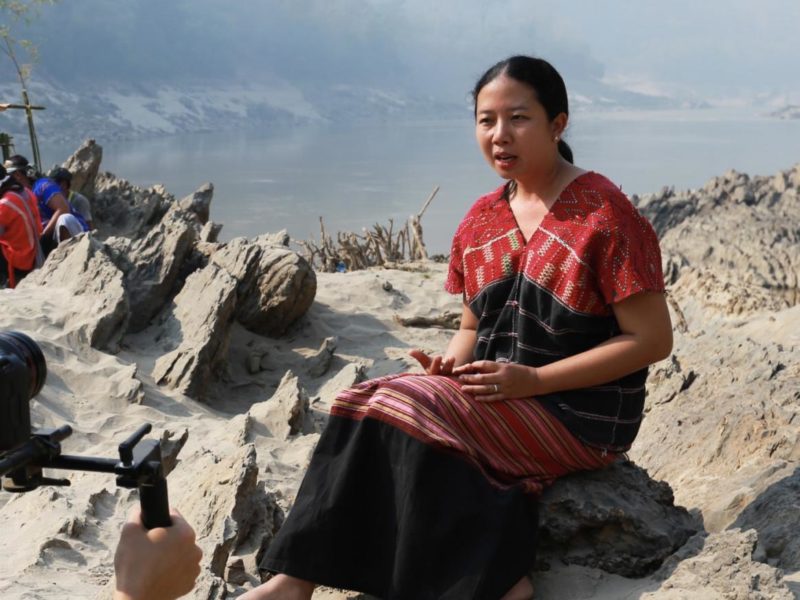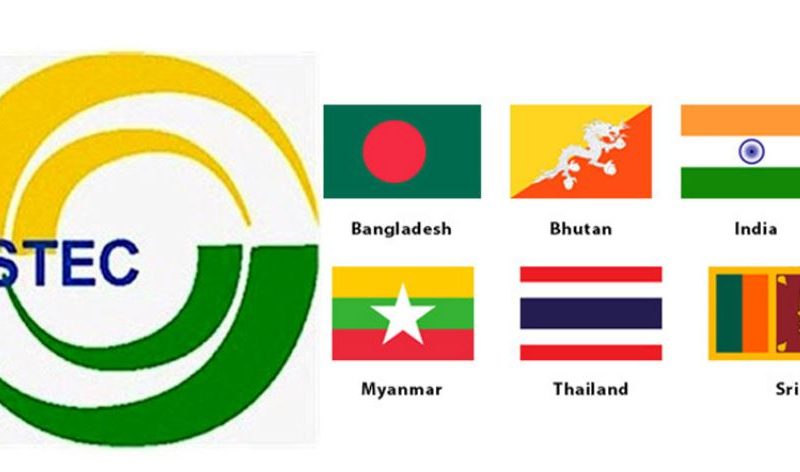Like other regions around the world, Southeast Asia is no exception to decarbonising its energy sector, and improving its national energy security – perhaps simply because renewable energy (RE) has become cheaper. The ASEAN Member States (AMS) individually and collectively have set ambitious targets to incorporate RE in their energy system.
Category: ASEAN
Mekong countries endorse plan for post-pandemic growth
The projects are backed by the Asian Development Bank (ADB), which said the pandemic has pushed eight million more people in GMS countries into poverty, adding that more than 340,000 migrant workers have been forced to return home.
China promises to raise imports from ASEAN ahead of new rail link
“China will import more distinctive products from ASEAN, expand mutual investment, deepen the industrial supply chain and promote Lancang-Mekong cooperation,” referring to the evolving economic corridor with Indochina.
New data shows strong air pollution policies lengthen life expectancy
In Southeast Asia, air pollution is emerging as a major threat in metropolises like Bangkok, Ho Chi Minh City and Jakarta. The average resident in these cities stands to gain two to five years of life expectancy if pollution levels were reined in to meet the WHO guideline.
ASEAN needs more Belt and Road money, say ministers
Meeting online at a Belt and Road Summit, ASEAN ministers said the region has benefited from the infrastructure and digital connectivity already brought about by BRI, but new initiatives are needed to create opportunities amid pandemic-induced uncertainties.
Climate change blame game turns against Asia
Southeast as a whole, from Indonesia to Thailand and Vietnam, now accounts for more than half of global energy demand. All the major economies in the region continue to rely on coal and as a result, emissions will keep rising.
Asean formalises Mekong involvement with water security dialogue, as China’s dams come under scrutiny
The inaugural meeting between the bloc and the Mekong River Commission has been hailed as a means of boosting protection of the vital waterway. Asean has not previously discussed issues relating to the river at the regional level, but its fluctuating water levels have put upstream Chinese dams in the spotlight.
Bridging geopolitics and infrastructure in Southeast Asia
For developing countries in Southeast Asia, growing global interest in their infrastructure needs has been cause for both excitement and concern. In 2021, the G7 announced its support for the US-led ‘Build Back Better World’ (B3W) initiative, while the European Union unveiled its own ‘Globally Connected Europe’ infrastructure strategy.
Mekong Basin issues need political will, activists say
“From upriver in China down to the delta in Vietnam, throughout the course of the Mekong River, people are suffering from adverse impacts of hydropower dam projects. I hope the governments of Mekong countries will have courage to discuss this problem and find a substantial solution.”
Building a regional approach to energy security for BIMSTEC
As the gap in electricity supply and demand increases in the countries of BIMSTEC, trans-border cooperation can help diversify energy sources, reduce the average cost of supply, and meet peak demands.


